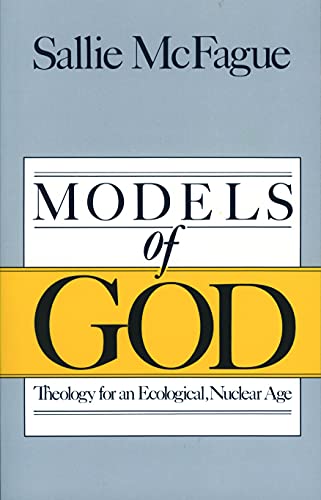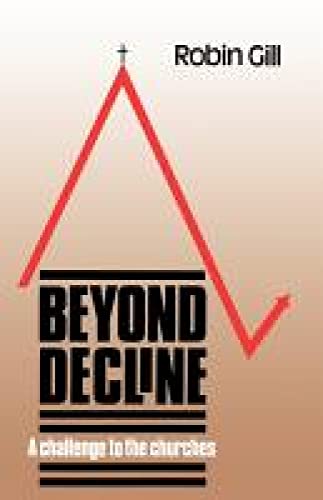Models of God. Theology for an Ecological, Nuclear Age
Written by Sallie McFague Reviewed By Sally AlsfordThe purpose of this book, as the title suggests, is to explore a number of ‘models’ of God to see what their potential might be for presenting the Christian faith in a way which is contemporary and relevant for our age—an age which the author characterizes as ‘ecological’ and ‘nuclear’. The models proposed are those of the world as God’s body, God as Mother, as Lover and as Friend. The book is not, however, concerned with the issues of ecology, feminism or nuclear power as such, but with the very nature and task of Christian theology. It raises issues which evangelical theologians and students must be prepared to deal with.
Models of God continues a train of thought beginning with an analysis of religious language as imagistic and metaphorical (Speaking in Parables: A Study in Metaphor and Theology, Fortress, 1975), leading on to an exploration of how these basic images and metaphors became conceptual theological language (Metaphorical Theology. Models of God in Religious Language, SCM, 1982), which considers the role of models such as ‘Father’ in theology. The present book takes a logical next step, looking at some possible alternative models.
Professor McFague begins by calling for a new, ‘ecological, evolutionary’ perspective in order for Christian theology to be ‘theology for our time’. What she means by this is a holistic, organic, inclusive understanding of the world which acknowledges the interdependence of all life, and accepts human responsibility for the fate of this earth. Such a perspective should promote justice and care, change and openness rather than maintaining ancient and oppressive dualisms and hierarchies, and requires new models of God’s relationship to the world.
It is on the methodological issues of where these models should come from, what is their function, their status and their relationship with Scripture that there are weaknesses and problems with the book. McFague designates the task of metaphorical theology as one of correlation between Scripture/tradition and contemporary experience, and insists on continuity with the ‘paradigmatic events’ of Jesus. However Jesus is not unique for her either as the definitive revelation of God or as the salvation of the world, and there is ambiguity as to which is finally more normative for our vision of God and salvation—the story of Jesus or the contemporary situation. This confusion results in the downplaying of elements which I believe to be intrinsic to the Christian faith and it means that the models McFague suggests look arbitrary and lack the power they could have if rooted more clearly in Scripture and the Christian tradition.
However, given that evangelicals would want to argue for a more rigorous understanding of revelation and salvation in Christ, McFague is absolutely right that the vision of salvation conveyed in this revelation must be expressed in ways which are contemporary, relevant and powerful, and in wanting to correct the balance of Western Christianity by emphasizing the nonhierarchical, inclusive and destabilizing elements of that vision. The models she explores and the conclusions she draws from them should challenge our own understanding of the gospel. I have reservations about the ultimate value of seeing the world as God’s body—McFague seems to be opening herself up unnecessarily to misunderstanding and confusion, and most of the import of the model is expressed more clearly in the other models she looks at—but then she emphasizes continually that this work is experimental, limited and partial. The other models—Mother, Lover and Friend—offer some very important insights. They complement the more traditional metaphors and are in fact more congruous with the Christian gospel and tradition than McFague herself seems to allow.
Finally however, whatever our reactions are to the specific content of the models, we should certainly be prepared to be provoked and stimulated by this book, and challenged not only about our understanding of God and salvation but also about our understanding of and commitment to the task of theology.
Sally Alsford
London Bible College






